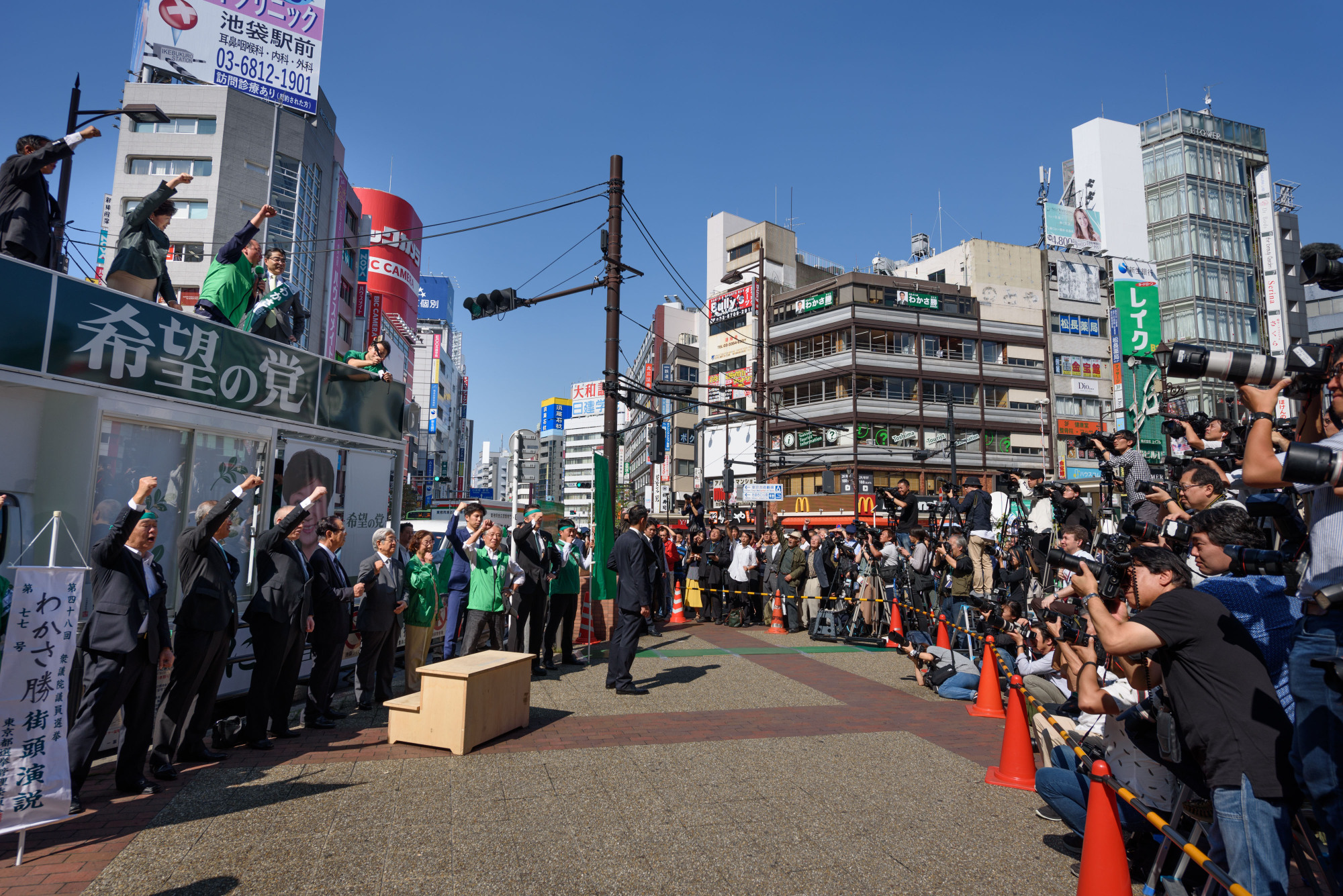Japanese will vote in the Oct. 22 general election amid uncertainty and confusion resulting from the recent realignment of the political landscape, which may have lasting implications in shaping Japan's future direction.
When Prime Minister Shinzo Abe surprised the nation with his decision to dissolve the Lower House last month, victory for his ruling coalition in the snap election appeared certain. The largest opposition Democratic Party was in disarray with its change of leadership and mass defections of lawmakers following the crushing defeat in the Tokyo Metropolitan Assembly election in July. Nor were other opposition forces fully prepared for the vote called more than a year before Lower House members' terms expire in December 2018.
It was widely believed that Abe's decision was motivated by a political calculation to consolidate his power within the Liberal Democratic Party and ensure his re-election next year as the party's president for a third term, so that he can stay in office through 2021. The opposition parties, caught off guard, criticized the dissolution of the Lower House less than two months after Abe's latest Cabinet reshuffle as lacking a legitimate cause. Instead, they say the move was driven by a desire to sweep the recent favoritism scandals involving friends and acquaintances of his and his family under the rug.

















With your current subscription plan you can comment on stories. However, before writing your first comment, please create a display name in the Profile section of your subscriber account page.